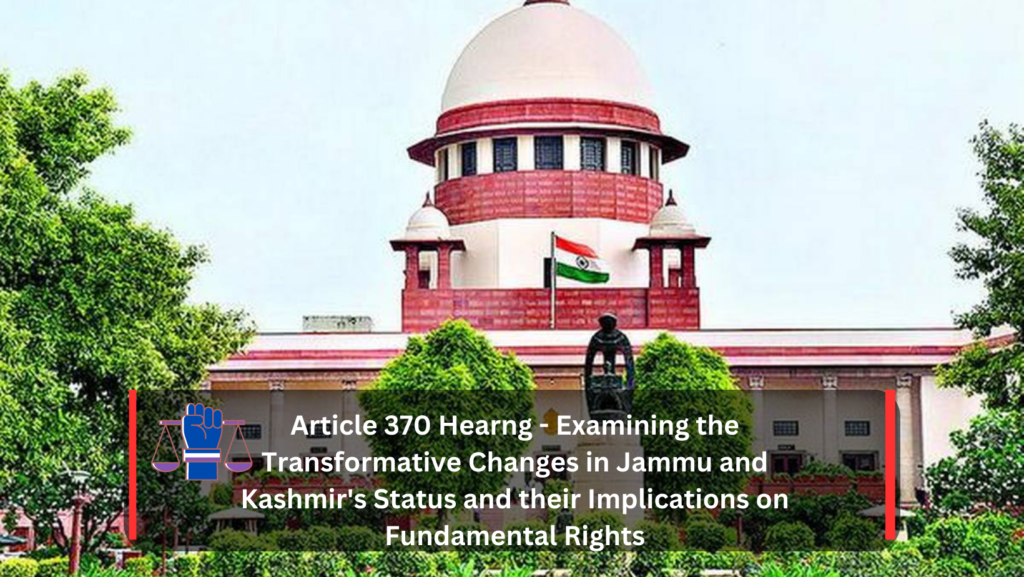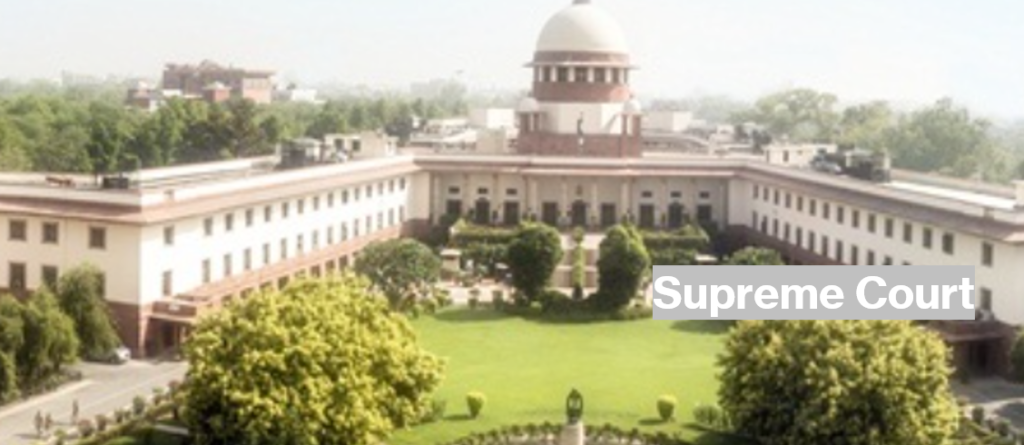In a groundbreaking ruling, the Supreme Court invalidated the Patna High Court’s order that had upheld the death sentence of an individual found guilty of the rape and murder of his 10-year-old neighbor back in 2015. The three-judge panel raised significant concerns about discrepancies in the investigation and trial of the case. They expressed deep dissatisfaction with the conduct of investigators, prosecutors, and judges involved in the case.

Supreme Court Judgement
The bench, in no uncertain terms, stated that if these contradictions had gone unnoticed by the apex court, it could have resulted in a grave miscarriage of justice.
A Fresh Decision Beckons
The judges have now sent the case back to the Patna High Court for a fresh evaluation. The court is instructed to take into account the substantial lapses in the defense’s failure to highlight major contradictions arising from material omissions found in the oral testimonies of prosecution witnesses.
The bench emphasized that a “free and fair trial” is an indispensable facet of Article 21 of the Indian Constitution. They asserted that if the criminal trial lacks fairness, it erodes public confidence in the impartiality of judges and the justice system itself. The denial of a fair trial is considered an injustice not only to the accused but also to the victim and society as a whole.
Legal Representation for the Appellant
Additionally, the bench directed the High Court to engage an experienced criminal lawyer to represent the appellant, Munna Pandey. Munna Pandey had been named as the accused alongside his elder brother’s brother-in-law. It’s worth noting that Munna Pandey was a minor at the time of the crime and had been separately tried as a juvenile. He was found guilty and sentenced to three years in prison.
Conviction History
To recap, Pandey was convicted of the rape and murder of the young girl in his residence by the trial court in 2017. The Patna High Court subsequently rejected his appeal and confirmed the death sentence in 2018.
This landmark decision by the Supreme Court underscores the importance of upholding the principles of justice and ensuring that every individual, regardless of their circumstances, receives a fair and unbiased trial.
Munna Pandey has been behind bars since 2015, serving time for a crime that has drawn intense scrutiny in recent legal proceedings.
Supreme Court Unearths Troubling Irregularities
In a significant turn of events, the Supreme Court, while hearing an appeal by Munna Pandey, the individual on death row, expressed grave concerns about the entire case. The three-judge panel, presided over by senior advocate Aditya Sondhi, delved deep into the records and uncovered disturbing anomalies. They emphasized that these discrepancies, if left unnoticed, could have resulted in a severe miscarriage of justice.
The bench, while examining the First Information Report (FIR) and police statements of witnesses, was appalled by the lack of fairness in the trial. It became evident that the accused had not received a fair trial, as the police had failed to conduct the accused’s medical examination and neglected to send his undergarments for forensic analysis. This omission proved detrimental to the prosecution’s case, as it relied heavily on circumstantial evidence where medical findings played a pivotal role. Even the victim’s vaginal swabs, critical pieces of evidence, were not presented during the trial.
Additionally, witnesses who initially testified to having seen the accused’s juvenile brother-in-law at the crime scene altered their statements during the trial. Surprisingly, neither the public prosecutor nor the trial court questioned these changes in their testimonies.
The Role of the Judiciary
The Supreme Court condemned the passive role played by the judges in the case and stressed the duty of a judge to actively engage in proceedings to uncover the truth and ensure justice. Impartiality was highlighted as a key factor in a judge’s role, emphasizing that any bias, whether for or against any party, should not influence the proceedings.

The bench also scrutinized the actions of the investigating officer, who revealed during cross-examination that her senior officers had instructed her not to obtain the forensic report. This raised questions about the identity of these senior officers, a matter that should have been thoroughly investigated by both the State and the trial court. The judgment underscored that this was a significant flaw in such a serious matter.
However, neither the defense counsel, the public prosecutor, nor the presiding officer of the trial court, and regrettably, even the high court, deemed it necessary to investigate these crucial aspects and uncover the truth.
Justice and Truth
The court firmly asserted that justice could only be served when the truth prevails. They declared truth to be the essence of justice and stressed that the criminal justice system’s primary objective is to ensure that no innocent person is punished while the guilty are held accountable.
The bench noted that the high court had overlooked these critical aspects and, had it taken the time to scrutinize the records, it could have invoked Section 367 of the Criminal Procedure Code (CrPC) to order further investigation into the case.
In a 68-page judgment, the court underscored that a fair trial is only achievable when the judiciary actively participates, gathering all relevant information to uncover the truth. This commitment to impartiality and fairness is essential to achieving justice for all parties involved.

